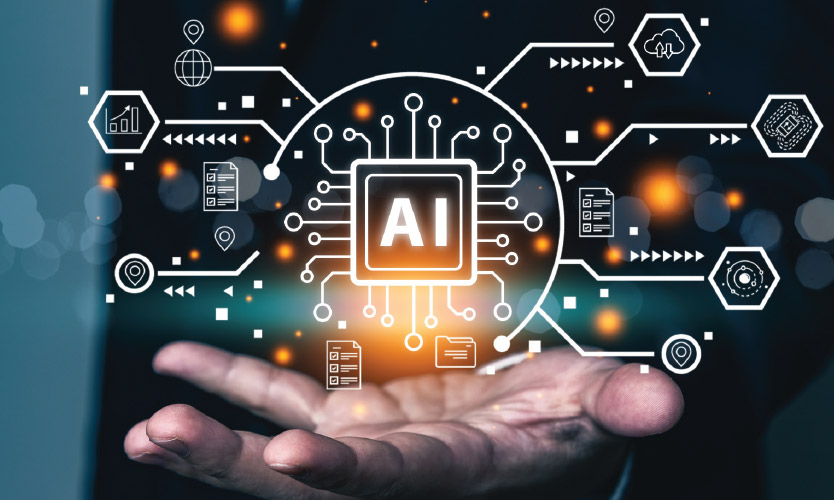
Artificial intelligence (AI) has become a ubiquitous presence in modern technology, revolutionizing industries and transforming the way we interact with machines. From virtual assistants like Siri and Alexa to self-driving cars and predictive analytics, AI is reshaping the world around us.
The Role of AI in Tech
In the realm of technology, AI plays a crucial role in enhancing efficiency and automation. According to a report by McKinsey, AI has the potential to create an additional $13 trillion in global economic activity by 2030. This staggering figure underscores the significant impact AI is poised to have on various sectors, including healthcare, finance, and manufacturing.
 Image for illustrative purposes
Image for illustrative purposes
AI in Healthcare
One of the most promising applications of AI is in the healthcare industry. AI-powered tools are being used to analyze medical images, predict patient outcomes, and personalize treatment plans. For example, IBM’s Watson Health leverages AI to assist doctors in diagnosing diseases and recommending treatment options based on vast amounts of data.
Ethical Considerations
As AI continues to advance, ethical considerations surrounding its use have come to the forefront. Issues such as data privacy, algorithmic bias, and job displacement have sparked debates about the responsible development and deployment of AI technologies. It is crucial for policymakers, industry leaders, and researchers to collaborate in establishing guidelines that ensure AI is used ethically and responsibly.
“With great power comes great responsibility.”
AI in Everyday Life
Beyond specialized industries, AI is increasingly integrated into everyday devices and services. Smart home systems use AI to learn user preferences and automate tasks, while recommendation algorithms on streaming platforms personalize content based on viewing habits. The convenience and customization offered by AI-driven technologies have made them indispensable in the lives of many.
The Future of AI
Looking ahead, the future of AI holds endless possibilities. Advancements in machine learning, natural language processing, and robotics are paving the way for even more sophisticated AI applications. From autonomous drones to intelligent chatbots, the evolution of AI promises to reshape society in ways we have yet to imagine.
In conclusion, the rise of artificial intelligence in modern technology signifies a paradigm shift in how we interact with and leverage technology. As AI continues to evolve and permeate various aspects of our lives, it is essential to approach its development with caution, ensuring that its benefits are maximized while mitigating potential risks. The journey towards a more AI-driven future is underway, and the possibilities are as vast as the technology itself.















